
The Battle of New Orleans: A Meaningful Victory(2015)
The Battle of New Orleans: A Meaningful Victory explores how the British misjudged their opponent and miscalculated the complexities of the battle ground. It also describes why the multi-cultural population of New Orleans proved the naysayers wrong about their loyalties to a young nation. WYES Community Projects Producer Marcia Kavanaugh and Tom Gregory hosted and produced this documentary.
Movie: The Battle of New Orleans: A Meaningful Victory
Top 1 Billed Cast
Host
Video Trailer The Battle of New Orleans: A Meaningful Victory
Similar Movies
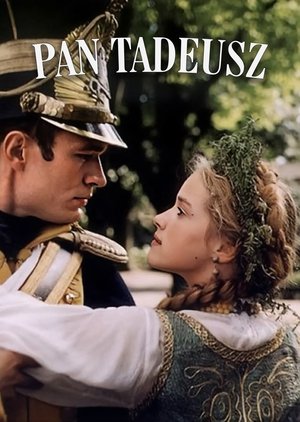 5.4
5.4Pan Tadeusz(pl)
A grand and patriotic tale of Poland's struggle for freedom just before Napoleon's war with Russia. Written in poetic style by Adam Mickiewicz, this story follows two feuding Polish families as they overcome their old conflicts and petty lives. However, they are able to unite as one with their patriotic and rebellious efforts to free the country they deeply love from Russian control.
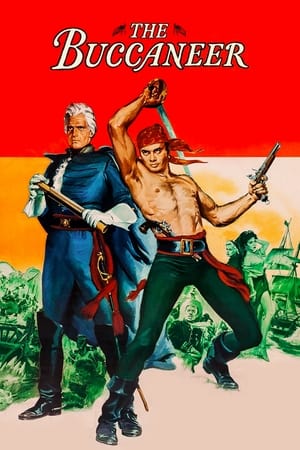 6.4
6.4The Buccaneer(en)
During the War of 1812 against Britain: General Andrew Jackson has only 1,200 men left to defend New Orleans when he learns that a British fleet will arrive with 60 ships and 16,000 men to take the city. In this situation an island near the city becomes strategically important to both parties, but it's inhabited by the last big buccaneer: Jean Lafitte. Although Lafitte never attacks American ships, the governor hates him for selling merchandise without taxes - and is loved by the citizens for the same reason. When the big fight gets nearer, Lafitte is drawn between the fronts. His heart belongs to America, but his people urge him to join the party that's more likely to win.
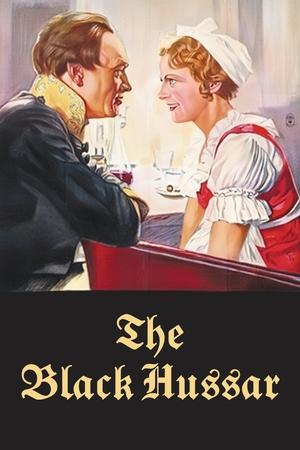 6.5
6.5The Black Hussar(de)
In 1812, during the French period, large parts of Germany are occupied by the troops of Napoleon. Several paramilitary Freikorps units battle the French forces, among them the Black Brunswickers led by the 'Black Duke' Frederick William of Brunswick-Wolfenbüttel. After the War of the Fifth Coalition, the Black Hussars are pursued by Napoleon throughout the country, but frequently take refuge with the noble-minded German people.
Napoleon’s Downfall: German Campaign 1813(en)
Documentary by Real Time History chronicling Napoleon’s defeat in the 1813 campaign which ended the domination of the First French Empire
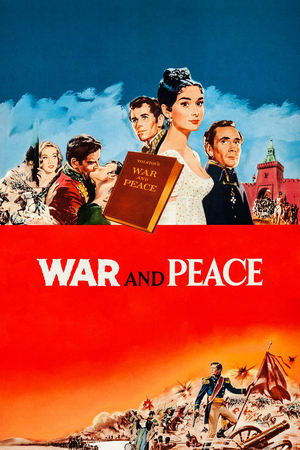 6.7
6.7War and Peace(en)
Napoleon's tumultuous relations with Russia including his disastrous 1812 invasion serve as the backdrop for the tangled personal lives of two aristocratic families.
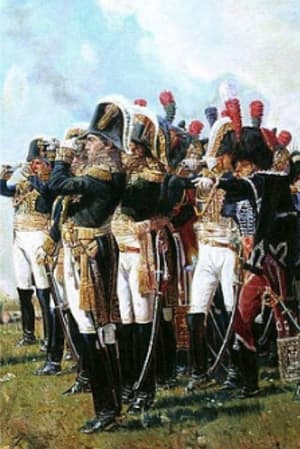 8.0
8.0Napoleonic Wars: Battle of Friedland 1807(en)
Napoleon brings his war against Russia and Prussia to an end with victory at Friedland, leading to the famous Tilsit conference, after which Napoleon stood at the peak of his power.
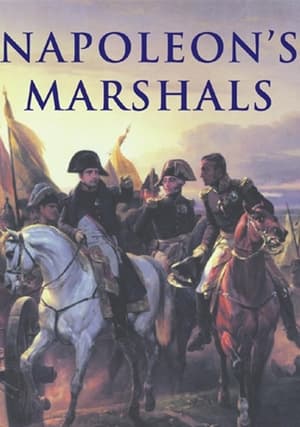 10.0
10.0Napoleon's Marshals, Ranked(en)
In 1804 Napoleon created 18 'Marshals of the Empire', to serve as the senior officers of the Grande Armée. He created a further 8 before his abdication in 1814. A few were aristocrats, but others were the sons of shopkeepers or tailors. The most favoured became princes and kings. Among their ranks were legendary figures such as Marshals Lannes, Ney, Soult, Davout and Masséna, but also less well know figures like Pérignon, Brune and Moncey. Our series explores the lives of all 26 Marshals, and ranks them according to our own judgement of their achievements as Marshals.
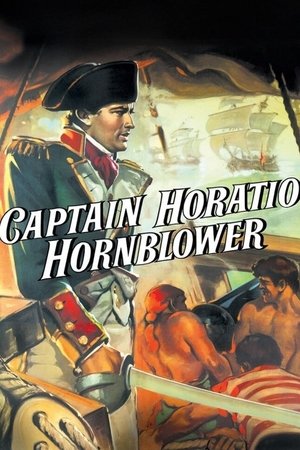 6.9
6.9Captain Horatio Hornblower R.N.(en)
Captain Horatio Hornblower leads his ship HMS Lydia on a perilous transatlantic voyage, during which his faithful crew battle both a Spanish warship and a ragged band of Central American rebels.
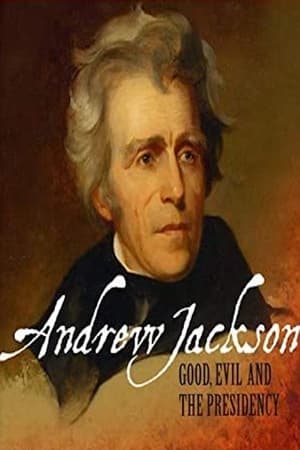 0.0
0.0Andrew Jackson: Good, Evil & The Presidency(en)
A fascinating account of the presidency of Andrew Jackson, who was both one of America's great presidents and a borderline tyrant. The seventh president shook up the glossy world of Washington, DC with his "common-man" methods and ideals, but also oversaw one of the most controversial events in American history: the forced removal of Indian tribes, including the Cherokees, from their homes.
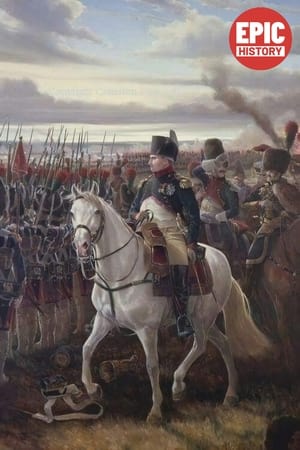 0.0
0.0Napoleonic Wars: Battle of Austerlitz 1805(en)
First engagement of the War of the Third Coalition and one of Napoleon’s greatest victories at Austerlitz in 1805.
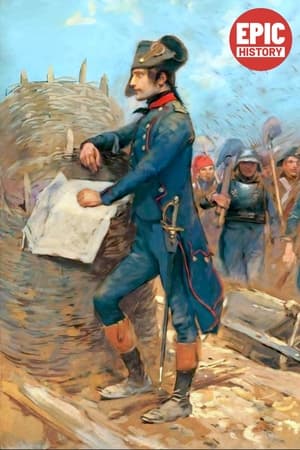 8.0
8.0Napoleon's First Victory: The Siege of Toulon 1793(en)
It was during this siege that young Napoleon Bonaparte first won fame and promotion when his plan, involving the capture of fortifications above the harbour, was credited with forcing the city to capitulate and the Anglo-Spanish fleet to withdraw.
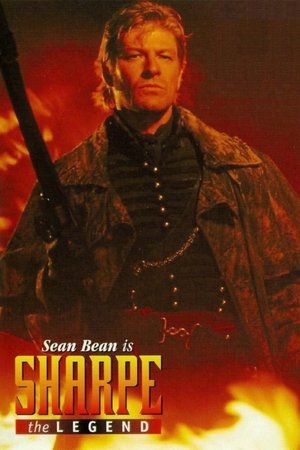 6.0
6.0Sharpe: The Legend(en)
Several years after the battle of Waterloo, a former soldier from Shoreditch sits in a London inn reminiscing about the brave and determined officer who took him to hell and back. The narrator is Rifleman Cooper, and the officer whose fame he recalls is the legendary Richard Sharpe.
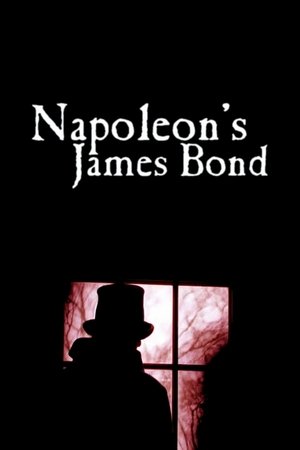 5.5
5.5Napoleon’s James Bond(de)
Charles Louis Schulmeister (1770-1853) was a smuggler and a revolutionary, but also a chief of police and Napoleon Bonaparte's favorite spy. A look back on his adventurous life with the purpose of unraveling the many mysteries of his unique path.
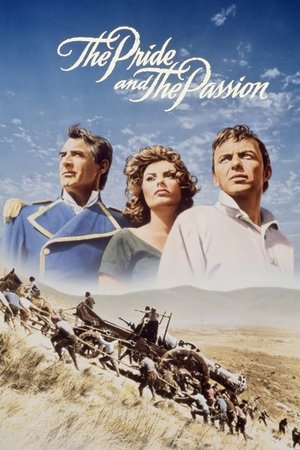 5.9
5.9The Pride and the Passion(en)
During the Napoleonic Wars, when the French have occupied Spain, some Spanish guerrilla soldiers are going to move a big cannon across Spain in order to help the British defeat the French. A British officer is there to accompany the Spanish and along the way, he falls in love with the leader's girl.
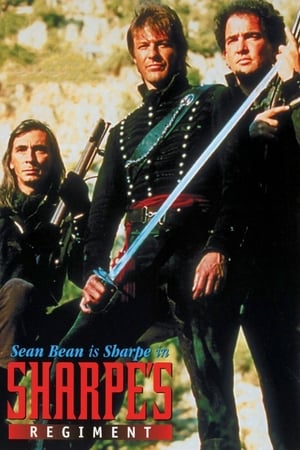 6.9
6.9Sharpe's Regiment(en)
Told his battalion is to be split up due to lack of recruits at home, Sharpe and Harper return to England to investigate. What should have been a simple query turns politically explosive as they come nearer to exposing profiteering on the home front that could jeopardize the Wellington's war.
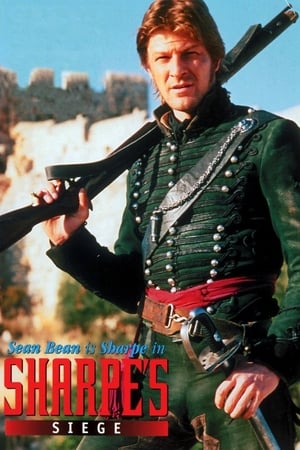 7.2
7.2Sharpe's Siege(en)
Sharpe, with his new commanding officer, is sent to capture a castle when news comes of locals who will rise against Bonaparte. However, he is somewhat distracted by thoughts of his wife whom he was forced to leave while stricken with fever.
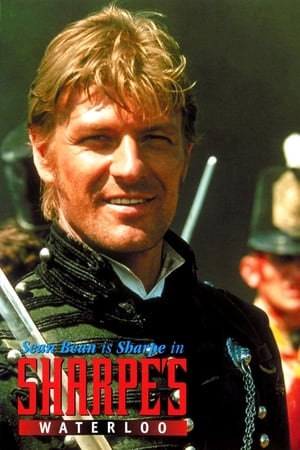 7.3
7.3Sharpe's Waterloo(en)
Based on the novel by Bernard Cornwell, "Sharpe's Waterloo" brings maverick British officer Lt. Col. Richard Sharpe to his last fight against the French, in June of 1815.
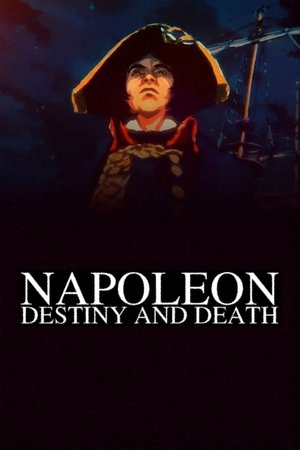 7.2
7.2Napoleon: Destiny and Death(fr)
May 5, 1821. Napoleon Bonaparte, deposed emperor exiled on the island of St. Helena, is about to take his last breath. The son of a Corsican family, he has been close to death on many occasions since, as a young captain in the revolutionary army, he seized Toulon from the royalists in 1793.
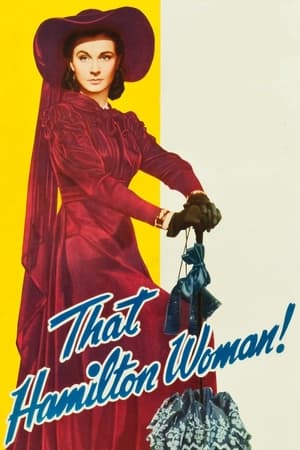 7.1
7.1That Hamilton Woman(en)
The story of courtesan and dance-hall girl Emma Hamilton, including her relationships with Sir William Hamilton and Admiral Horatio Nelson and her rise and fall, set during the Napoleonic Wars.

